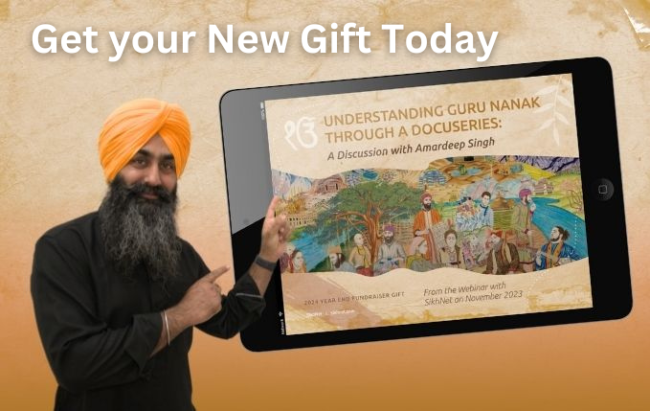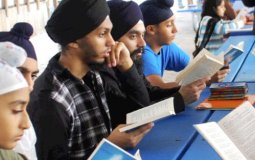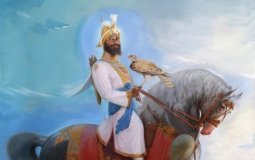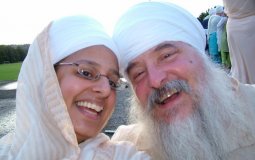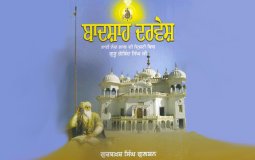The emphasis shifts then from the reality of here and now to a wishful fantasy of what might be. But the only life we know is here. And the only influence we have on any life hereafter is through how we live today.
We continue to preach against statues, icons and pictures and yet most Sikh homes continue to display the image of one or more Gurus.
The magic, the meaning and the measure of a life - indeed of history - are found not in the celebration of an individual or an event, but in the interpretation. History is a narrative. What does it tell us about the time that Guru Nanak trod this earth, particularly about the place of women?
Now what does Dya Singh mean when he talks of a teacher-facilitator instead of a traditional granthi, kathakaar or raagi? And why should we embrace this model.
Phrases become clichés because they contain a kernel of truth. Often the lesson is right there on the surface; clichés are both efficient and efficacious in delivering it.
When Guru Arjan and Guru Tegh Bahadur were martyred, did they feel the pain? Did Guru Gobind Singh suffer the loneliness of war and desertion, and the anguish of every parent when he lost his sons in battle?
What exactly is happiness? This is not just a rhetorical question. We think we know when we have it and also when it has been stolen or denied. The past can be instructive. Sometimes what seems wonderful at the time turns out not to be so after all, and what seemed to be awful at the time turns out wonderfully after all.
An iconic figure in Sikh history, ideology and tradition, Bhai Nand Lal, was a contemporary of Guru Gobind Singh and personally witnessed the life altering events of Vaisakhi 1699 that gave us the institution of the Khalsa.
If I insist that engagement with Gurbani requires more than bowing ones head to the Guru Granth; that it requires reading and cogitation on the Guru's words. If I say that Guru Granth is not to be worshiped but reverently read and integrated into one's life, then why should I be distressed that some people react unkindly to my words?
Today, better than 90 percent of Sikhs exist in the country where the religion arose - India. The value system and the governmental structure differ from that of, say Great Britain, Canada and the United States, in major ways.
